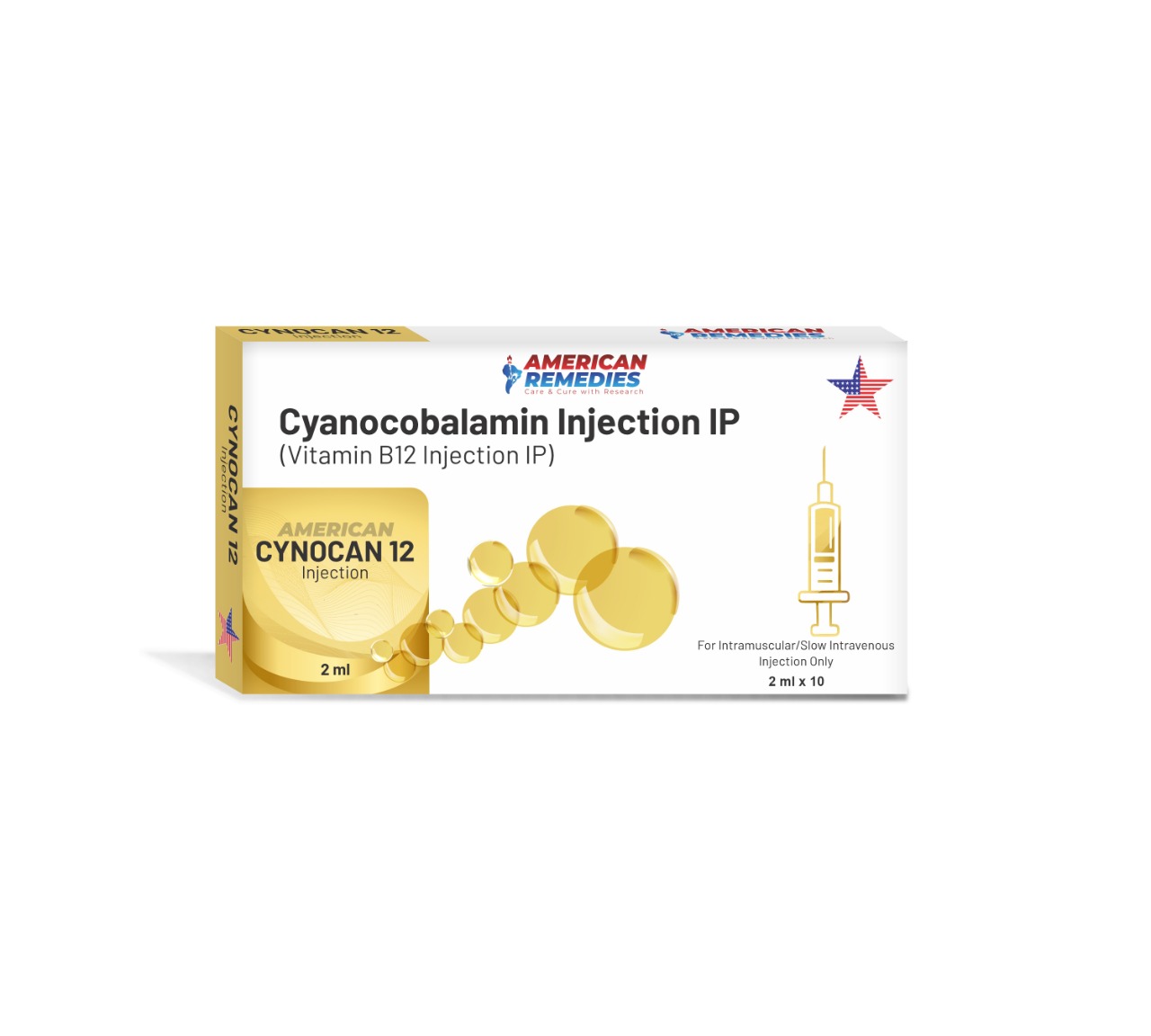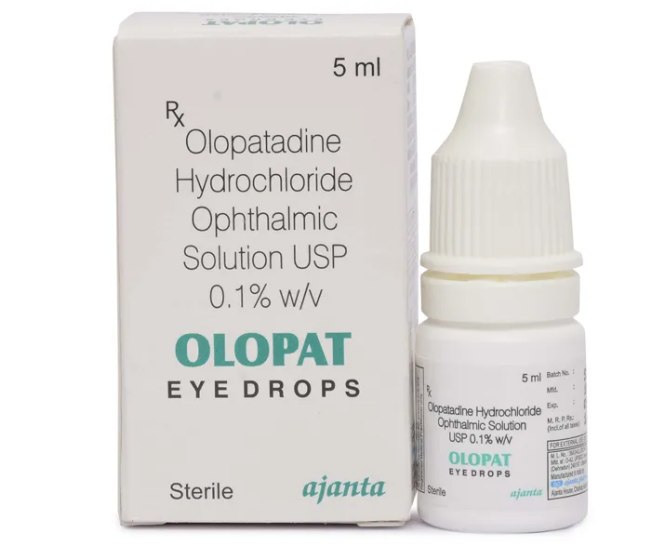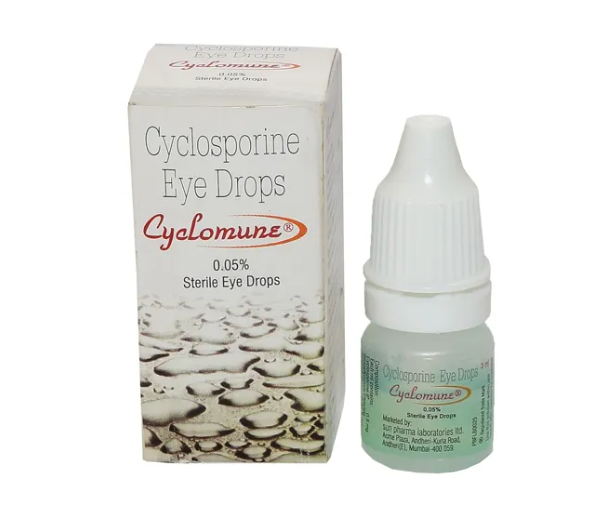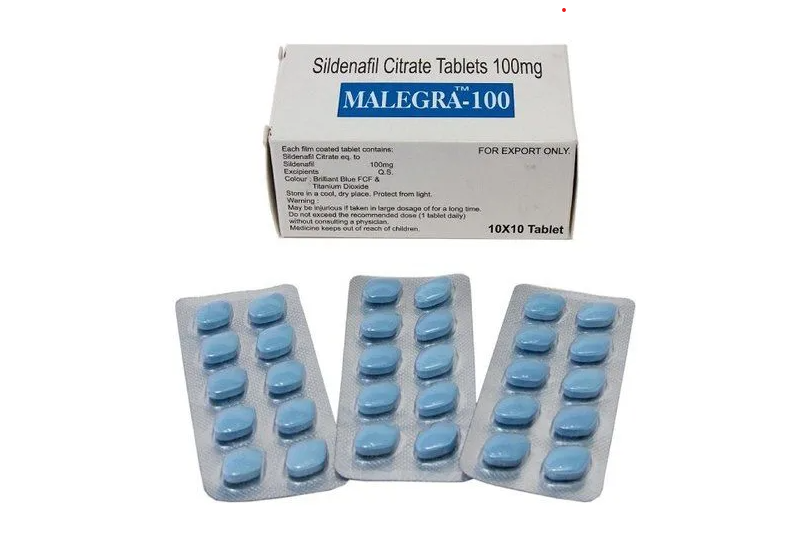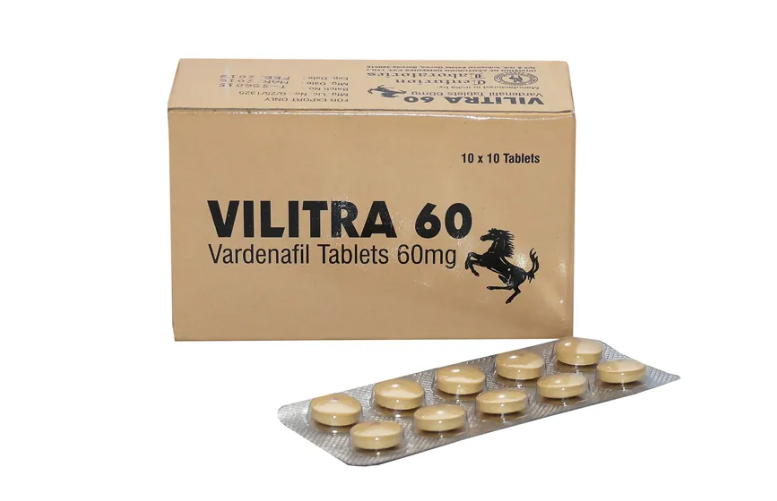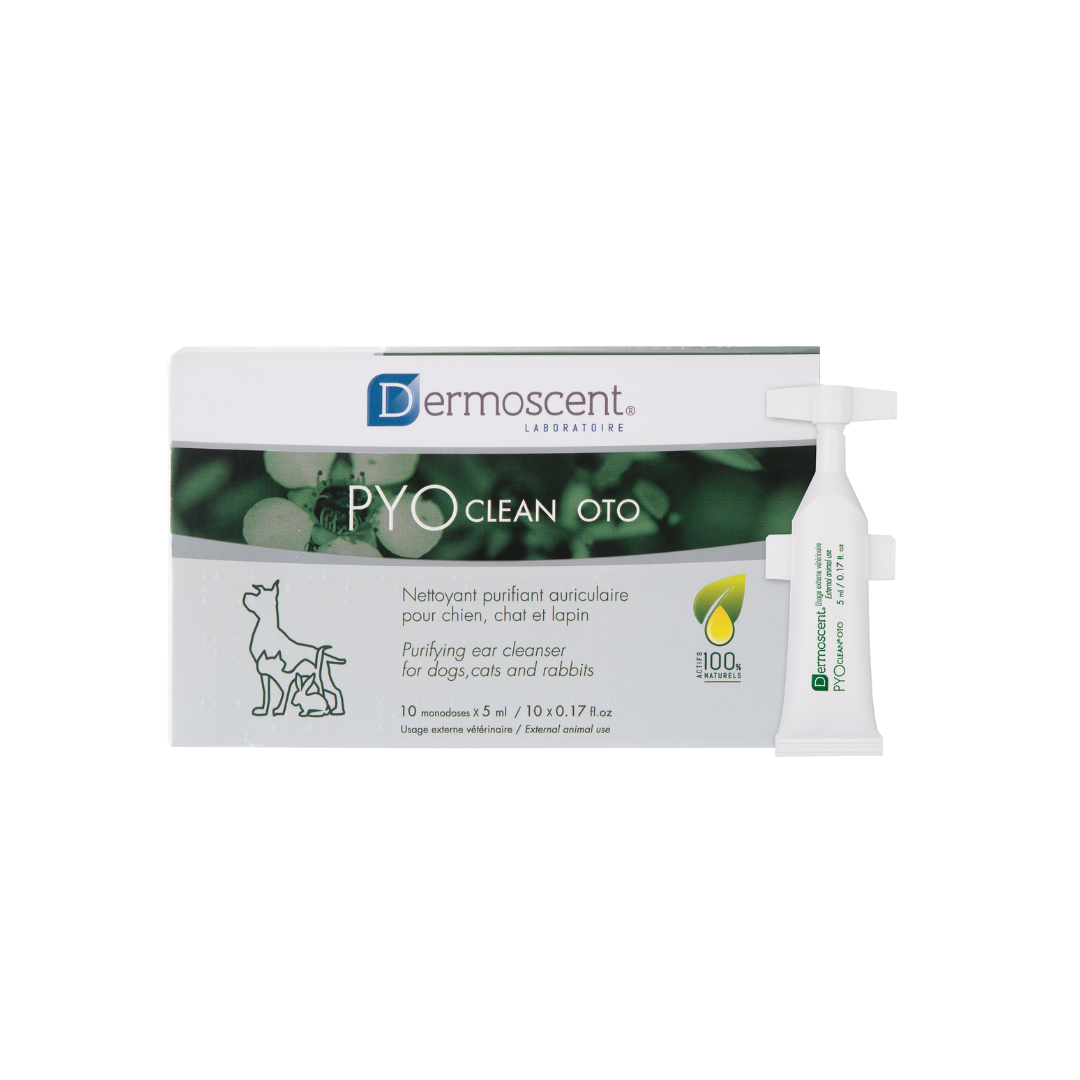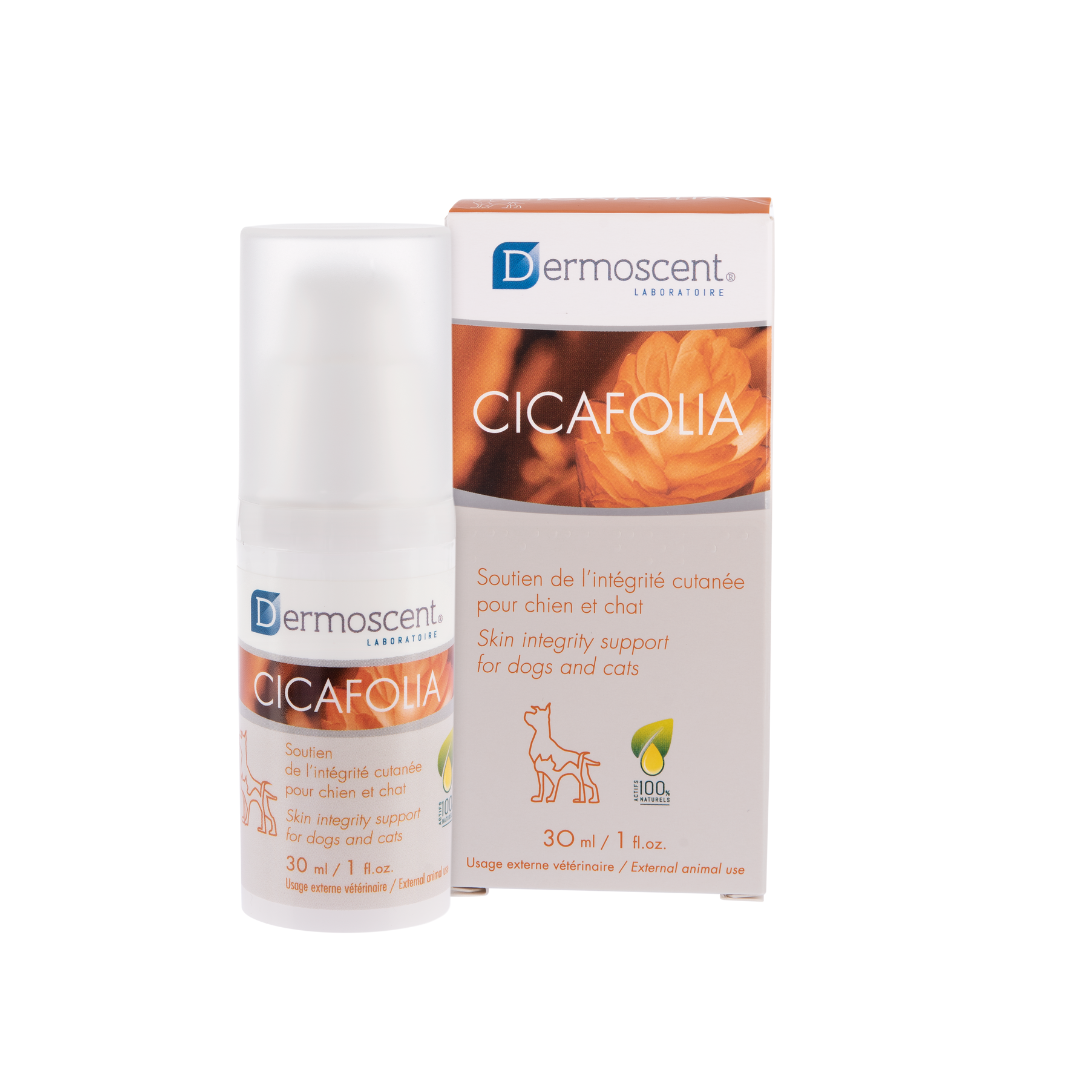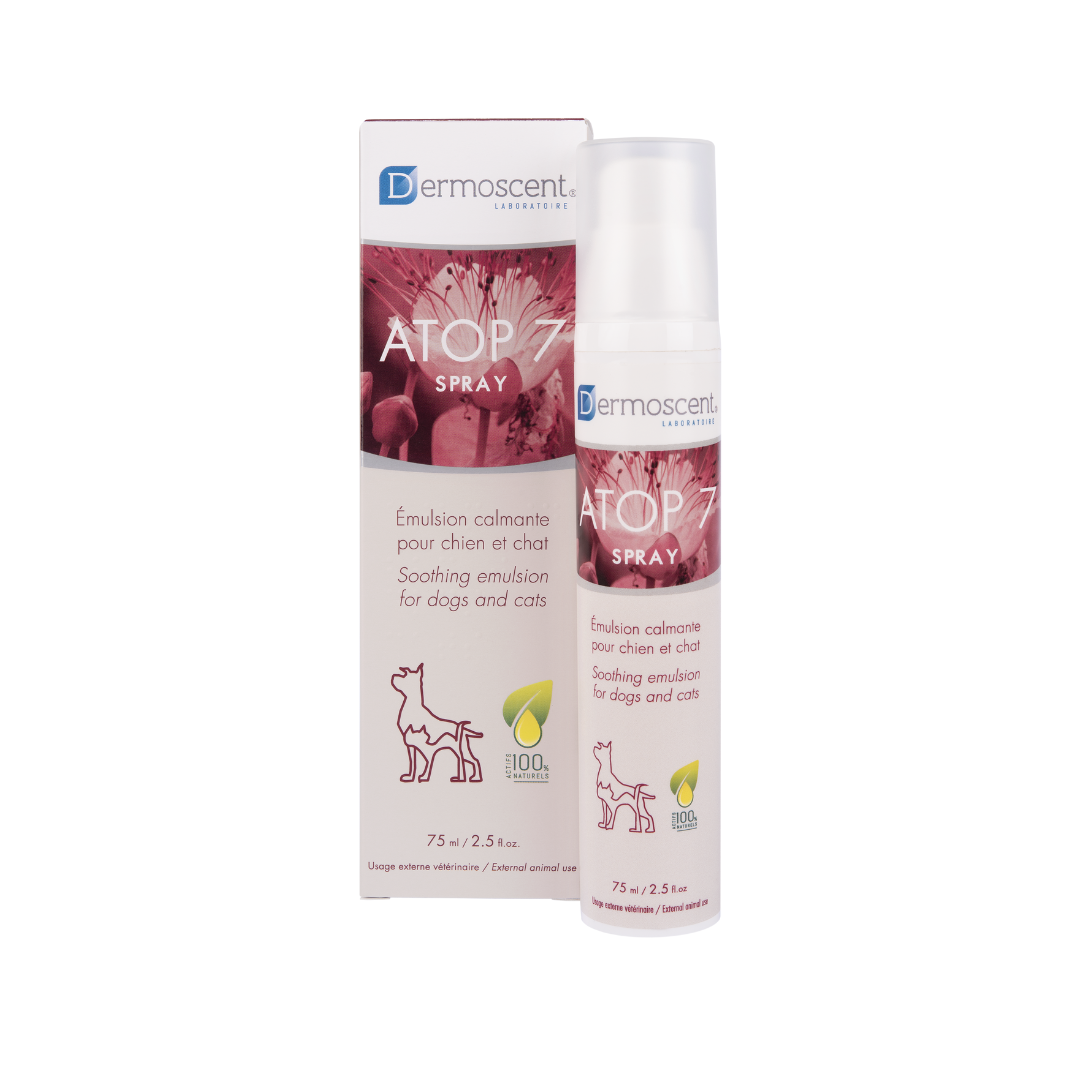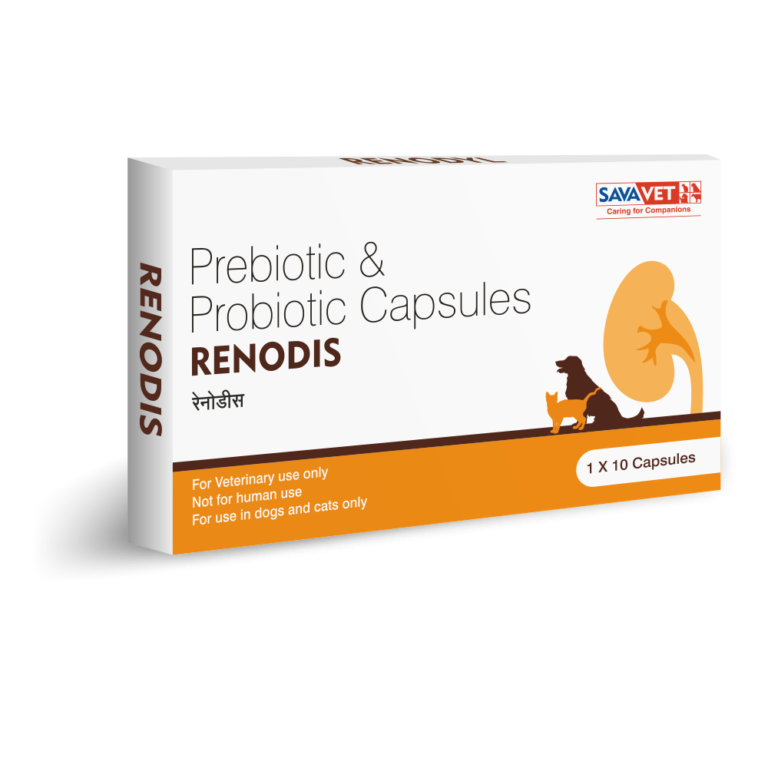Cynocan 12 Injection is a brand of Cyanocobalamin (Vitamin B₁₂) used to treat and prevent vitamin B₁₂ deficiency. Cyanocobalamin is a synthetic form of vitamin B₁₂, which is essential for nerve function, red blood cell formation, and DNA synthesis. ________________________________________ 🩺 Medical Uses Cynocan 12 Injection is prescribed for: • Pernicious Anemia: A condition where the body cannot absorb vitamin B₁₂ due to a lack of intrinsic factor. • Vitamin B₁₂ Deficiency: Caused by dietary insufficiency, malabsorption, or certain medical conditions. • Neurological Symptoms: Such as numbness, tingling, or weakness in the limbs. • Fatigue and Weakness: Associated with low vitamin B₁₂ levels. • Megaloblastic Anemia: A blood disorder characterized by the presence of abnormally large red blood cells. ________________________________________ ⚙️ Mechanism of Action Cyanocobalamin is converted in the body to its active forms, methylcobalamin and adenosylcobalamin, which are involved in: • DNA Synthesis: Essential for proper cell division. • Red Blood Cell Formation: Prevents anemia. • Nerve Function: Maintains the health of nerve cells. ________________________________________ 💉 Administration and Dosage Cynocan 12 Injection is administered by a healthcare professional: • Intramuscular (IM) or Subcutaneous (SC) Injection: Typically given in a clinical setting. • Dosage: Varies based on the individual's condition and response to treatment. For specific dosing instructions, consult your healthcare provider. ________________________________________ ⚠️ Side Effects Common side effects may include: • Injection site reactions (pain, redness, swelling) • Headache • Nausea or vomiting • Dizziness • Fatigue Serious side effects are rare but can occur. Seek immediate medical attention if you experience symptoms like chest pain, shortness of breath, or swelling in the legs. ________________________________________ ⚠️ Precautions Before using Cynocan 12 Injection, inform your healthcare provider if you have: • Allergies to cyanocobalamin or any other components of the injection. • Leber's disease (a hereditary optic nerve disorder). • Kidney or liver disease. • A history of blood clots or stroke. Cyanocobalamin may interact with certain medications. Inform your doctor about all the medicines you are taking, including over-the-counter drugs and supplements.
Send Message